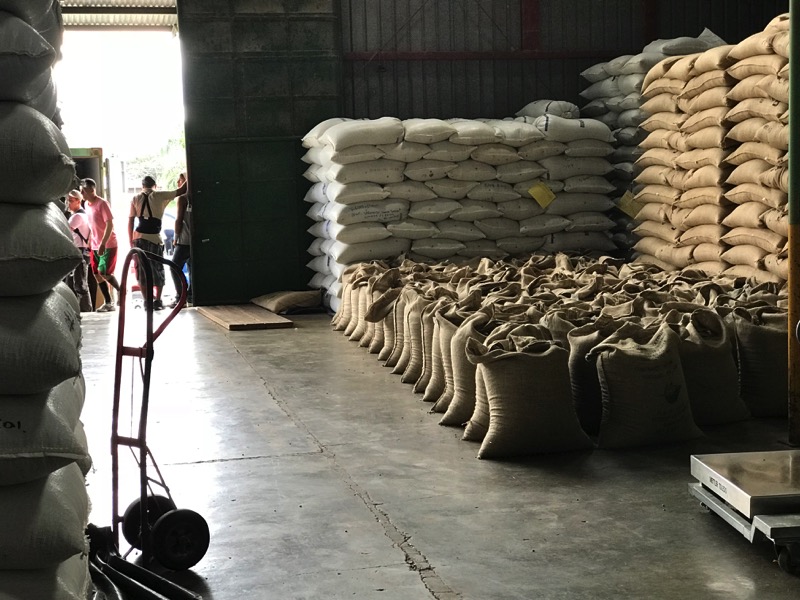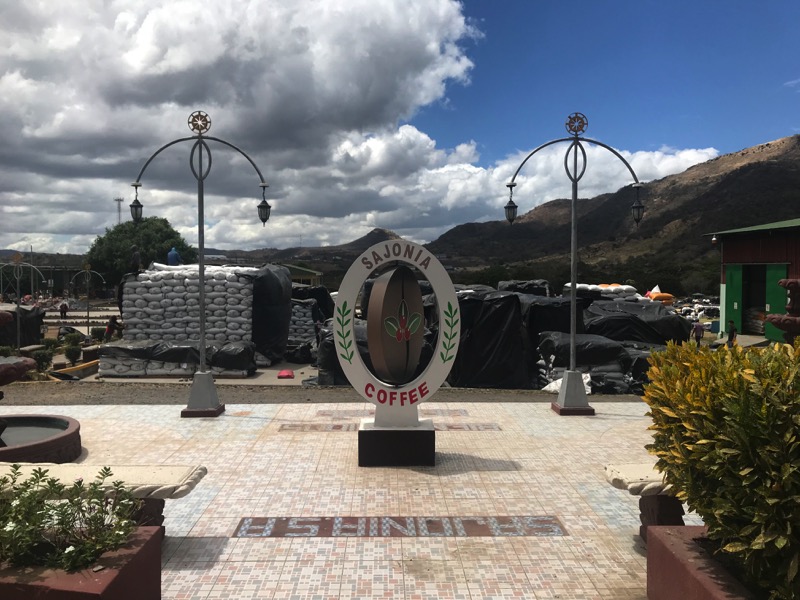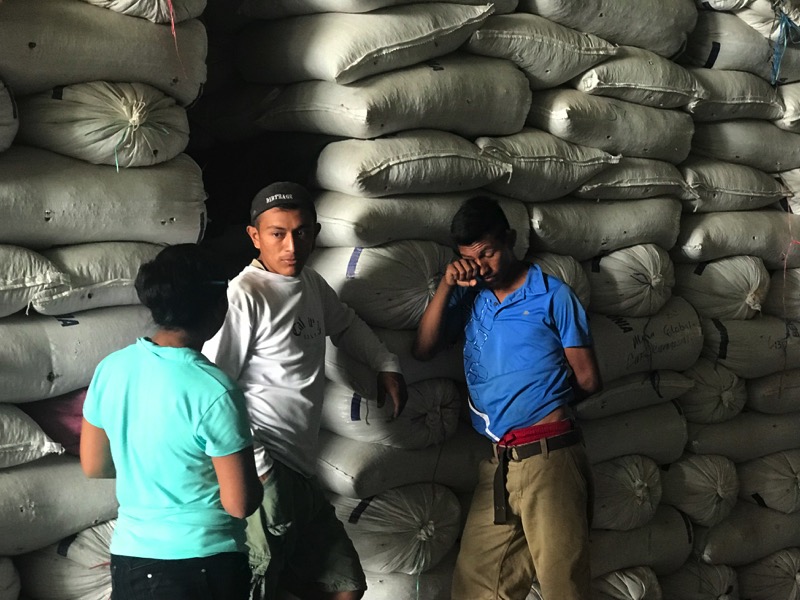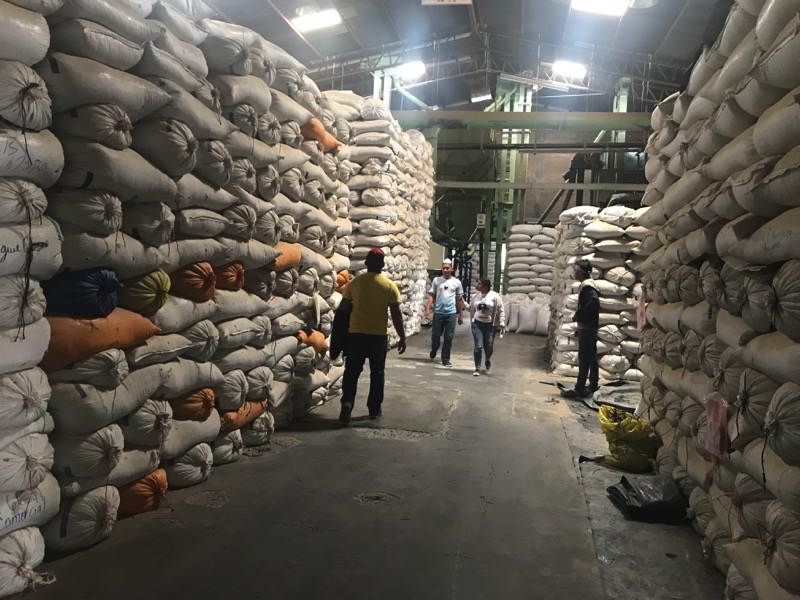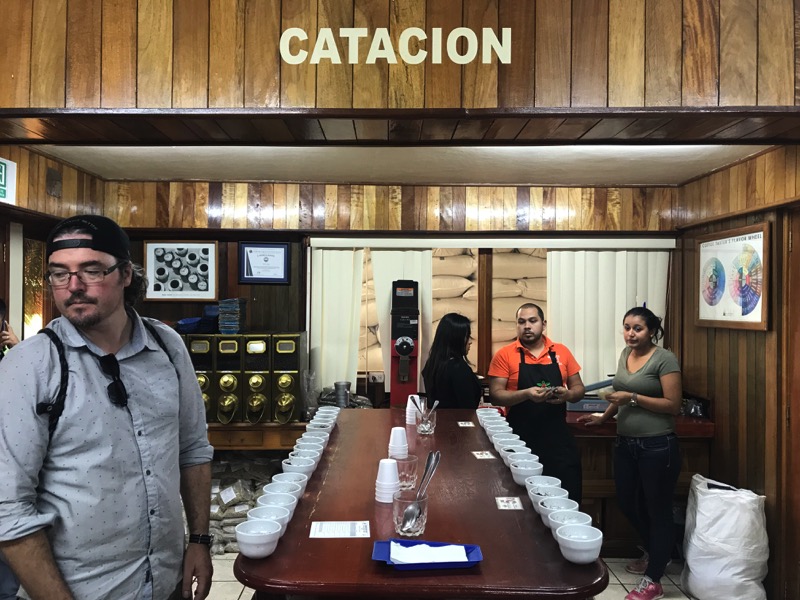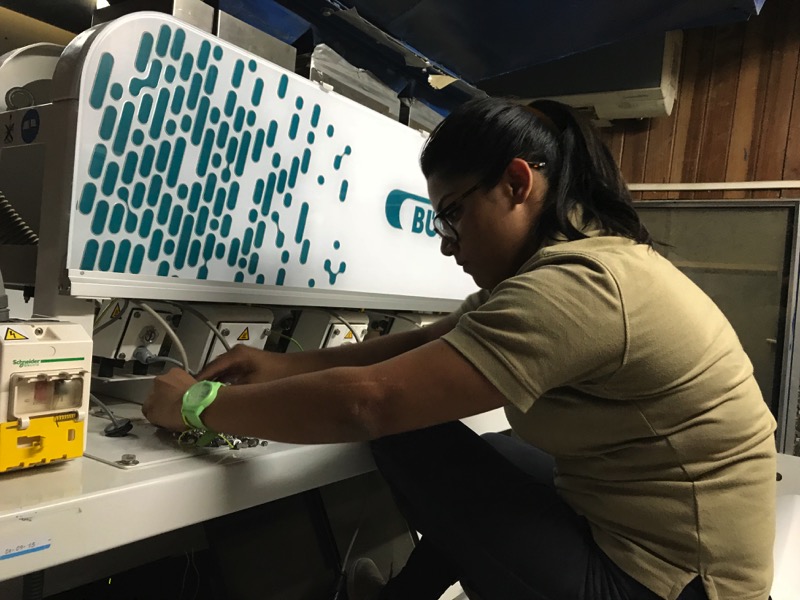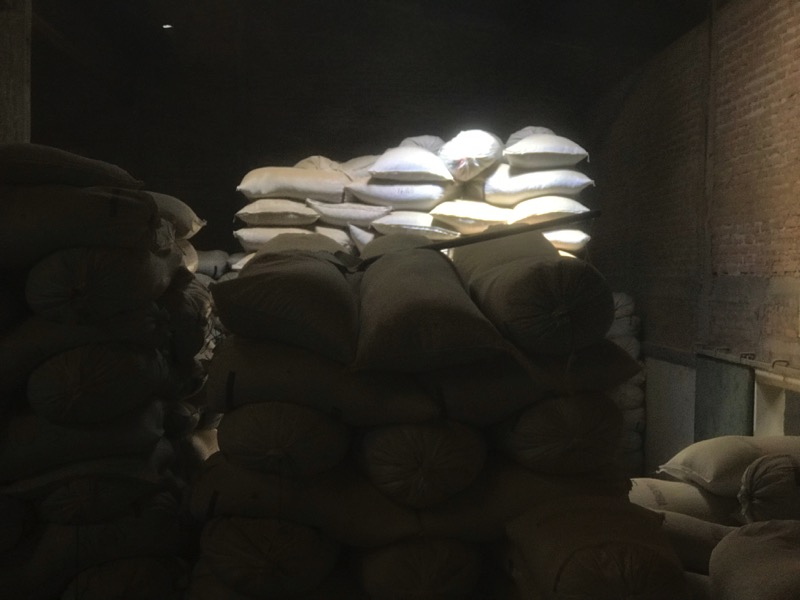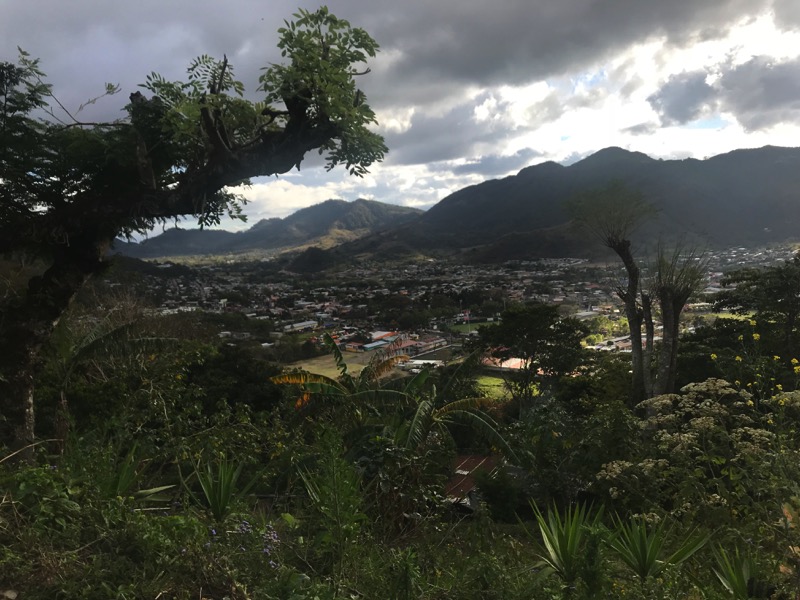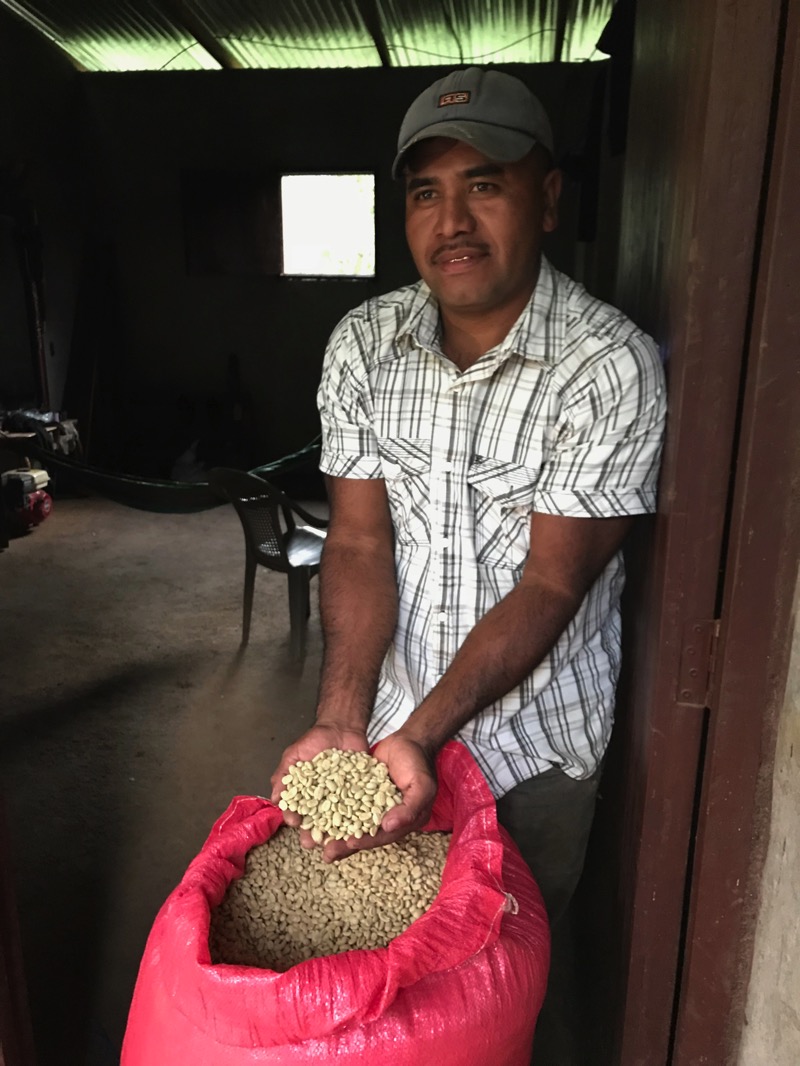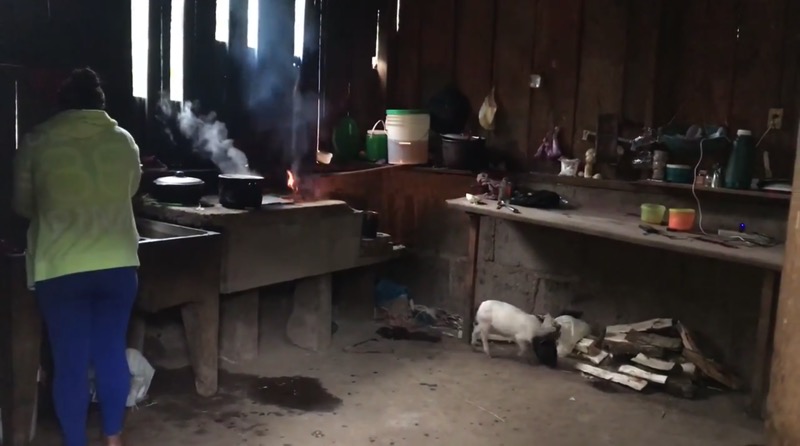The diurnal rhythm of the tropics dictates that your day starts just before sunrise at 6am and just before sunset, at 6pm sharp, you need to be coming in from the fields. So, as the gathering dusk wrapped around us in Ramirez's little valley enclave we bid our farewells and headed back down to the twinkling lights of Jinotega strung out on the plateau below. We still had the last few slides of the presentation to take on board before we could switch off. One of the most amazing things about agencies like Aldea Global is the real impact they are making for their members. They have sustained them through the hard times of civil war and low coffee prices and now you feel their time has really come for the small holders to reap the benefits. As well as registering all the usual certifications, Fairtrade, Rainforest Alliance, Organic, UTZ they have also very imaginatively started their own certifications, which rank members on farm management, yield and quality, giving them incentives to achieve higher standards. Our visits to these places shows them that these initiatives are working and we are buying into the same philosophy of driving up quality and being prepared to pay premiums. We are also learning so much too. For example, one of their own certifications is the Colibri Azul, the Blue Bird which is the national symbol of Nicaragua, which is Bird Friendly coffee and which I have already been buying without realising the significance of it! Indeed it's a key component of our main blend
Archetype so you will no doubt have drunk it somewhere in the local Lancaster area, where it has fuelled many a meeting and many a dissertation up at the University!
http://www.lancaster.ac.uk
Farmers the world over will always find something to complain about, because they are always at the mercy of the weather or the markets. At the moment in Nicaragua this year, the rains came too early and have been unremitting, causing cherries to mature too soon, with many falling to the ground before picking could begin. However, after all the years of conflict and despite the current political instability, let's hope their new-found optimism can be fulfilled and there really will be a bluebird somewhere over the rainbow...
